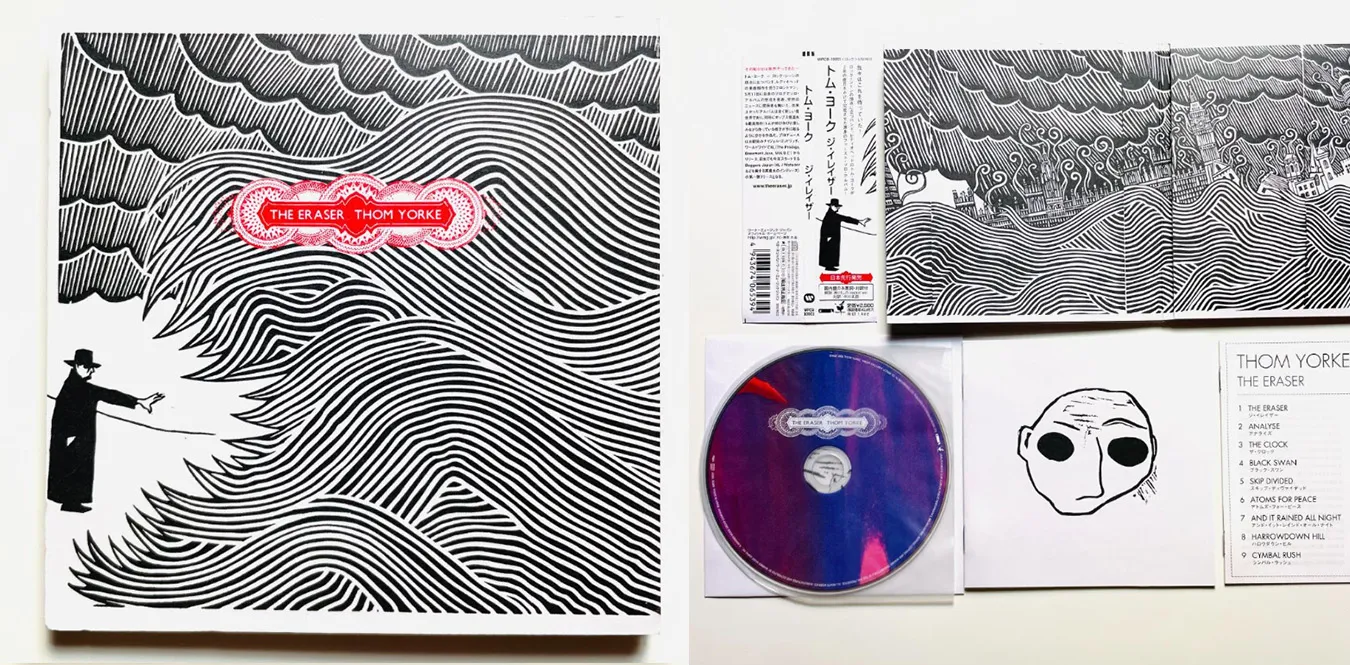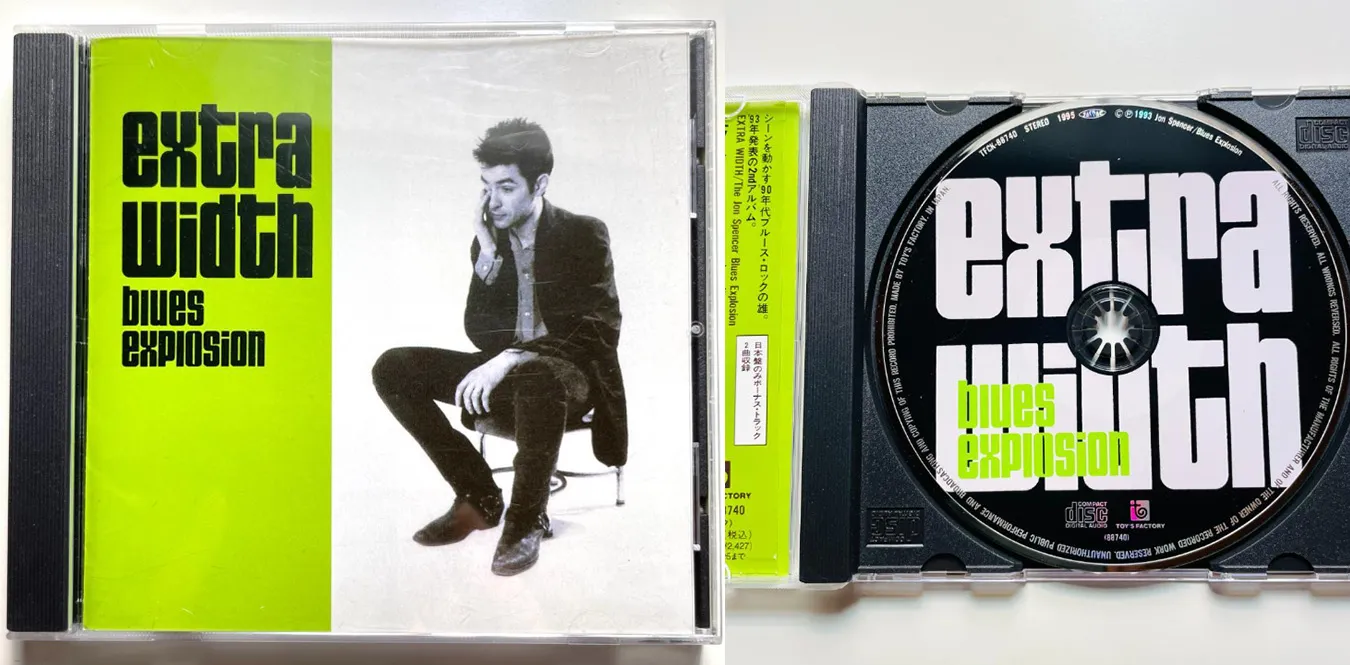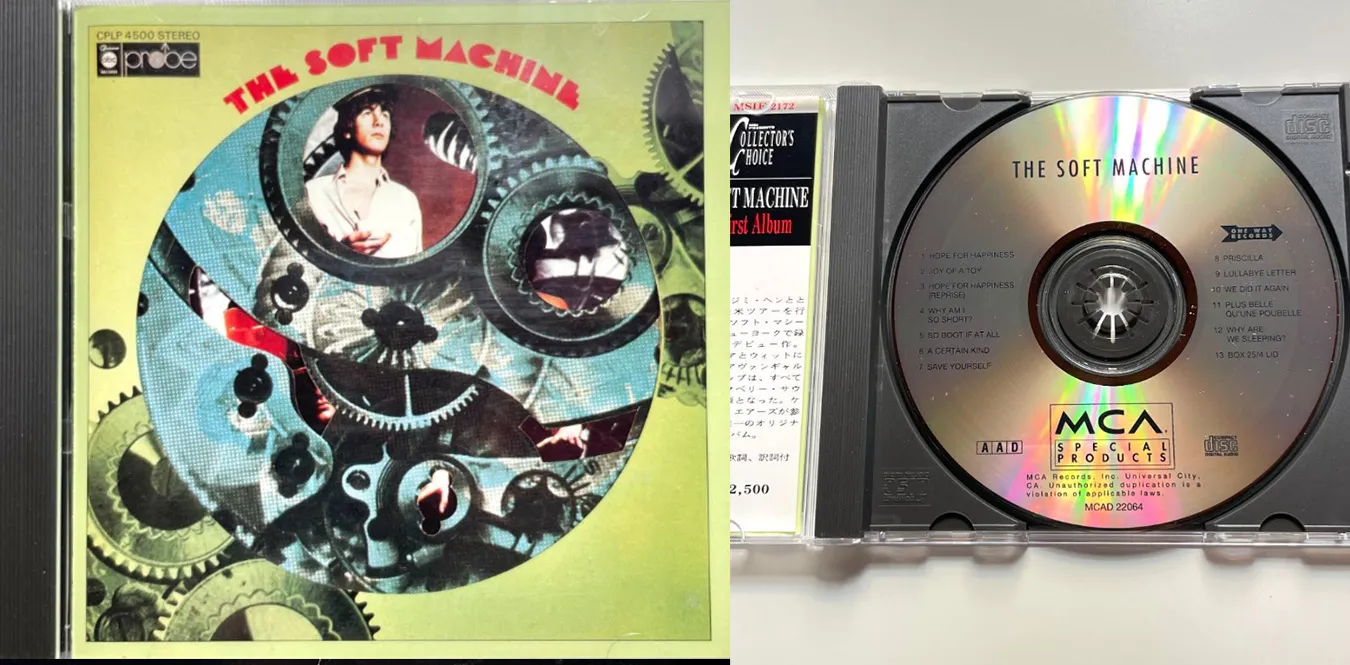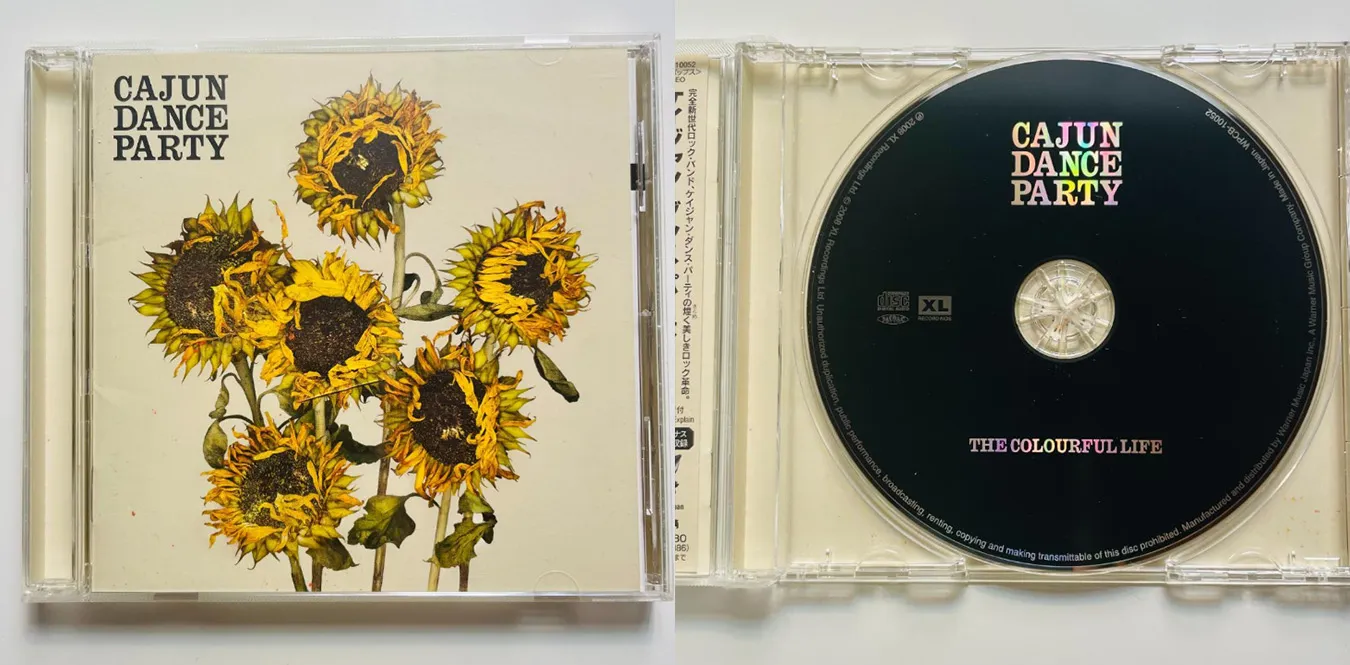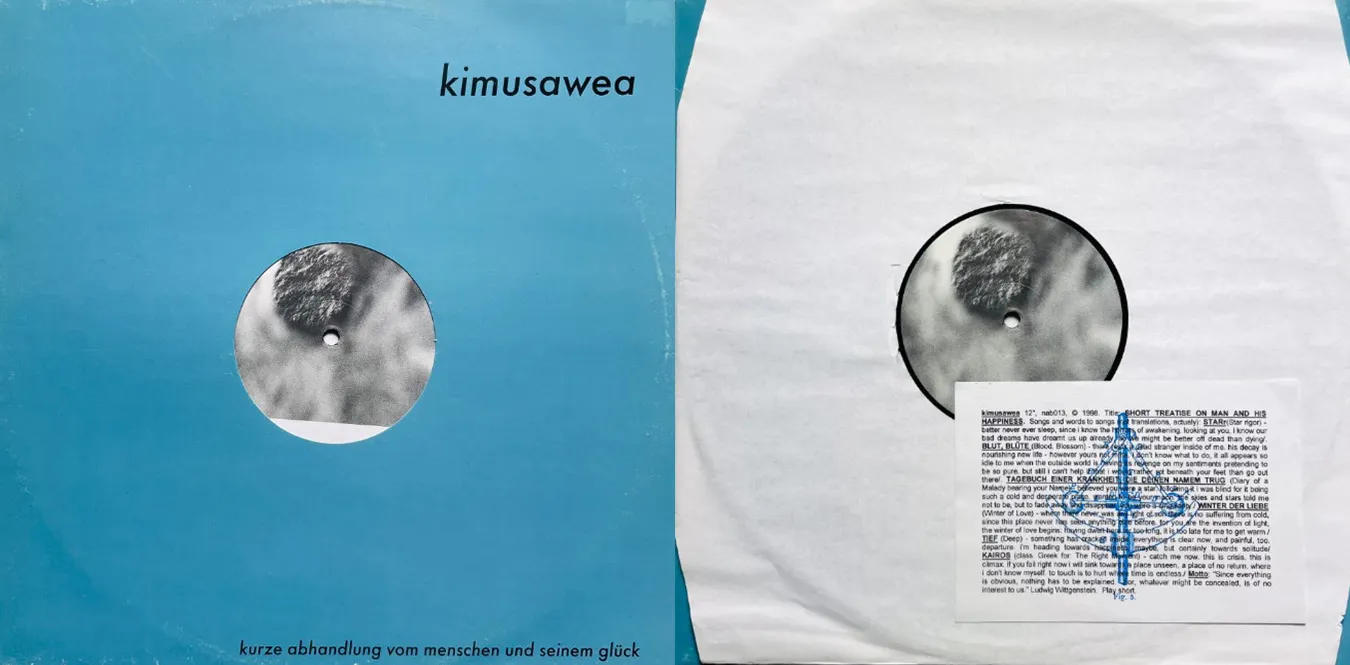[Column] Ween — A strange universe born from a suburban garage
Column en Alternative Experimental Lo-Fi Rock![[Column] Ween — A strange universe born from a suburban garage](/../assets/images/column-ween.webp)
“What is Ween?”
| Text: mmr | Theme: Boognish, a strange god born in a suburban garage in America. From its descent to lo-fi alchemy and deep-sea mythology, The Mollusk, trace the musical universe drawn by the strange brothers Ween. |
A garage tucked away in the suburbs of America. From that darkness, a god was born - Boognish. ——This is music itself that jumps across genres while laughing. Boognish’s smile contains pieces of music from all over the world.
The Weird Brother Myth of Ween — A Counterattack from the American Suburbs
The advent of Boognish, the god of polypropylene
A quiet residential area in Pennsylvania in the mid-1980s. Two boys grab a cassette tape and a 4-track recorder and begin a strange ritual. Aaron Freeman (Gene Ween) and Mickey Melchiondo (Dean Ween).
The “Boognish” that they created is more than just a logo or character. A fictional god of laughter and madness, he was a symbol of Ween’s music itself. The noises, strange voices, and unusual key changes that were scattered throughout the home recordings were all blessed by Boognish.
“Boognish isn”t a joke. He”s everything we do.” — Dean Ween Interview, 2003
Gene and Dean — imaginary brothers or spiritual doubles?
Gene and Dean.
その名の響きは「兄弟」を想起させるが、血の繋がりはない。
But musically, they were almost like twins.
Gene is the embodiment of emotion and chaos, Dean is the master of construction and craft.
The moment the two collide, the chaos and magic that is typical of Ween is born.
“The Pod” (1991) uses a cheap microphone and an old four-track “Dirty Beauty” rules. Distorted vocals, muffled drums, Still, the whole thing was perfectly Ween. まるでBoognishが機材の中に宿っていたかのようだ。
Alchemy in the lo-fi era — 1980s-early 1990s
“I wanted a sound that sounded like it was playing in a basement at 3am.” — Gene Ween, 1992 Interview
The universe created by cassette recorders
The early Ween sound was the magic of home recording on 4-track cassette MTR.
Leaves noise and distortion intact. It wasn’t “filth”, it was “truth”.
彼らの自宅録音は、いわばローファイの錬金術。
The Pod is a bizarre mix of morbid laughter and psychedelic structure.
It made listeners feel anxious, but at the same time it gave them an addictive feeling of pleasure.
Contact with the underground scene
Indie labels like Homestead and Shimmy Disc picked up Ween’s madness. Their sound sources spread like underground circulation and ended up in the hands of eccentrics. During this period, Ween lived “between pranks and experimental music.”
"”Chocolate and Cheese’’: The tipping point between vulgarity and highbrow
“Genre doesn’t matter. I just throw in all the music I like.” — Dean Ween, 1994 Interview
1994’s “Chocolate and Cheese” (https://amzn.to/46LSWQo) It”s Ween”s first masterpiece out of the lo-fi cave and into the studio. Pop, funk, country, progressive rock, soul… everything collides, Vulgar and noble miraculously coexist.
The sensual groove of “Voodoo Lady” The false nostalgia of “Freedom of “76”. They are born from the same heart. ““It makes me laugh, but it also makes me cry.’’ This antinomy was the core of Ween.
When MTV featured “Push th” Little Daisies” American viewers were confused. Is this a gag? Is he a genius? The answer can still remain vague. Because Ween was both.
Country nostalgia and strange orthodoxy — “12 Golden Country Greats”
“I’m not making fun of country music. I seriously love it too much.” — Dean Ween, 1996 Interview
“12 Golden Country Greats” is A “fake country” album consisting of only 12 songs. But the people playing were real Nashville session musicians. Ween is collapsing the country format with them, He has created a masterpiece that dances between affection and irony. The sound is both funny and warm enough to bring tears to your eyes.
Band Mode and the Deep Sea Myth of “The Mollusk”
“The ocean is limitless. We want our music to be like that too.” — Gene Ween, 1997 Interview
“The Mollusk” is This was the moment when Ween’s musical universe expanded to its richest. A monumental piece of psychedelic pop with ocean mythology as its theme, led by “Ocean Man”. Brian Wilson”s romance and Captain Beefheart”s madness, It”s an album that feels like it”s enclosed in a single shell.
All recordings are analog using 16-track tape. Even the fluctuations of noise were controlled as music, creating a pseudo-seafloor sound. Effects like guitar echoes, vocal overtones, and the sound of the sea. The sound itself tells the myth of the deep sea.
Maturation and collapse as a touring band
Live Ween was complete chaos. ““Live in Toronto 1996’’ ignores the order of the songs. Laughter and noise collide, and the boundaries with the audience melt. It was more like a ritual than a band.
“Every show is an accident waiting to be beautiful.” — Dean Ween, 1997
However, behind the scenes, there were conflicts between alcohol, drugs, fatigue, and friendship. In 2008, Gene Ween left the band for personal reasons. He overcame his alcohol dependence and began a quiet path to recovery. Dean formed The Dean Ween Group and connected the spirit of Ween in another way.
“Quebec” ~ “La Cucaracha”: Twilight Laboratory
“Quebec” (2003) is This work is at the intersection of introspection and psychedelia. Rather than laughter, loneliness and silence came to the fore. This was the moment when Ween faced the word “mature” for the first time.
And “La Cucaracha” in 2007. The title is “Cockroach”. As the name suggests, it symbolizes the life force that will not die no matter how hard you get hit. This work condenses the irony and beauty of the very existence of Ween.
Boognish never dies — reunion and cult continuation
In the 2010s, Ween quietly reunited. Gene and Dean’s smiles on stage were the same as they were back then. There were people in the audience who grew up listening to Ween in the 90s, There was a mix of young people who learned about “Push th” Little Daisies” on YouTube.
“Laughing is our religion.” — Gene Ween, 2012 Interview
Boognish will never die. As long as he laughs, the music will remain free. Ween is “endless laughter” that transcends genre barriers.
Ween activity chronology
Discography
| Year | Album | Notes |
|---|---|---|
| 1990 | GodWeenSatan: The Oneness | Collection of early home recordings |
| 1991 | The Pod | Malformed lo-fi aesthetics |
| 1992 | Pure Guava | “Push th” Little Daisies” included |
| 1994 | Chocolate and Cheese | Turning point to studio production |
| 1996 | 12 Golden Country Greats | Fake country x real Nashville |
| 1997 | The Mollusk | A milestone in psych-pop |
| 2000 | White Pepper | “Beatles-like Ween” |
| 2003 | Quebec | Fusion of introspection and experimentation |
| 2007 | La Cucaracha | The last work that marks the end |
Final Chapter: Gods Who Laugh Under the Sea — The Eternal Joke of Ween
Ween”s story can”t be summed up simply as a “crazy band.” It is a record of two men who swam through the vast ocean of music while laughing. Dean and Gene meet as childhood friends, armed with cassette tapes and cheap equipment. He earnestly continued to play with sounds, something that no major artist could do.
That path was both a parody of American culture and the purest love. A B-grade melody that was treated like garbage, a rural scene that no one paid attention to, Drunken laughter—they picked up all of that and turned it into a “myth.”
Ween created neither a genre nor a movement. It is an infinitely expanding belief that ““you can love any kind of music.’’ There is the decadence of rock, the intelligence of jazz, the future of techno, The warmth of the country is all equally equal.
What Boognish symbolizes is not God, but the urge to laugh. That laughter can still be heard from behind speakers somewhere around the world. Even if the sound is distorted, the rhythm is distorted, and everything is broken… The spirit of Ween is still alive there.
“We just want to have fun.” — Dean Ween
And that is the eternal identity of Ween. Laugh, love, destroy, and build again. An endless voyage to return to the origins of music.
Today, Ween is still laughing happily at the bottom of the ocean somewhere.



![[Column] Black Midi — The impact of experimental rock from London and its trajectory](/../assets/images/column-black-midi.webp)
![[Column] Rhythm revolutionaries: The rhythm front lines of drummers who connect Japan and the world](/../assets/images/column-drummers.webp)
